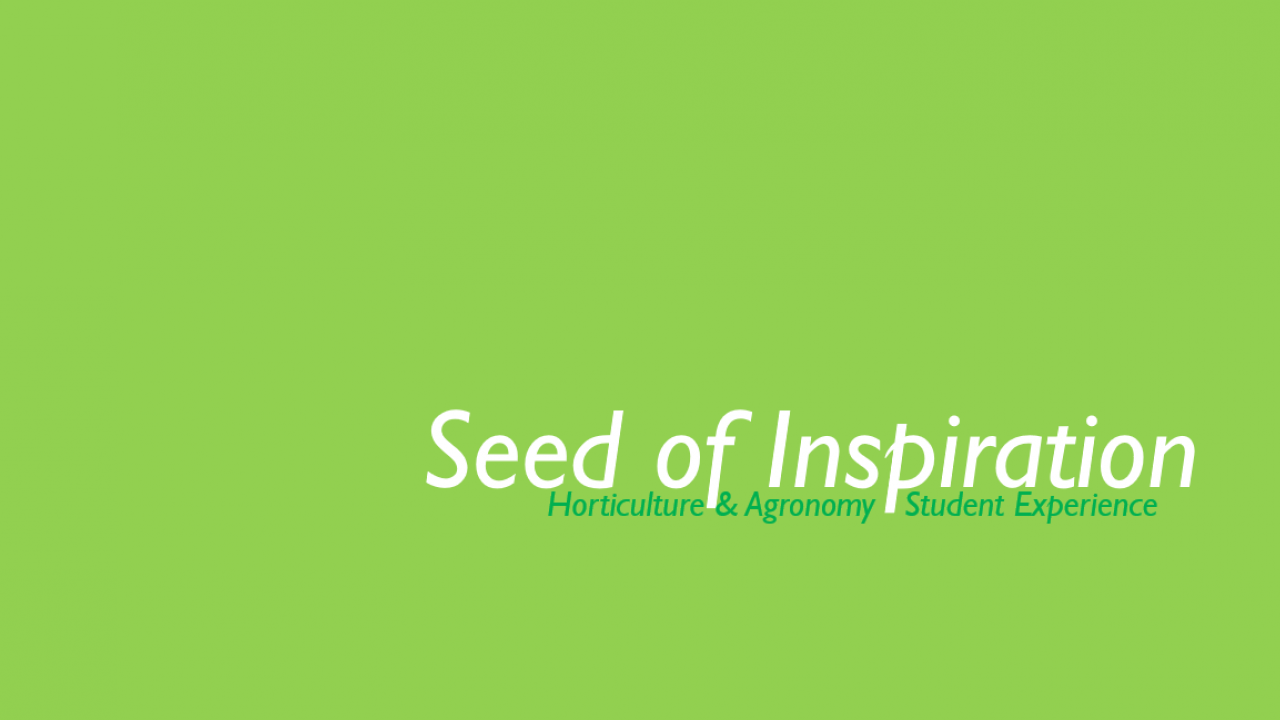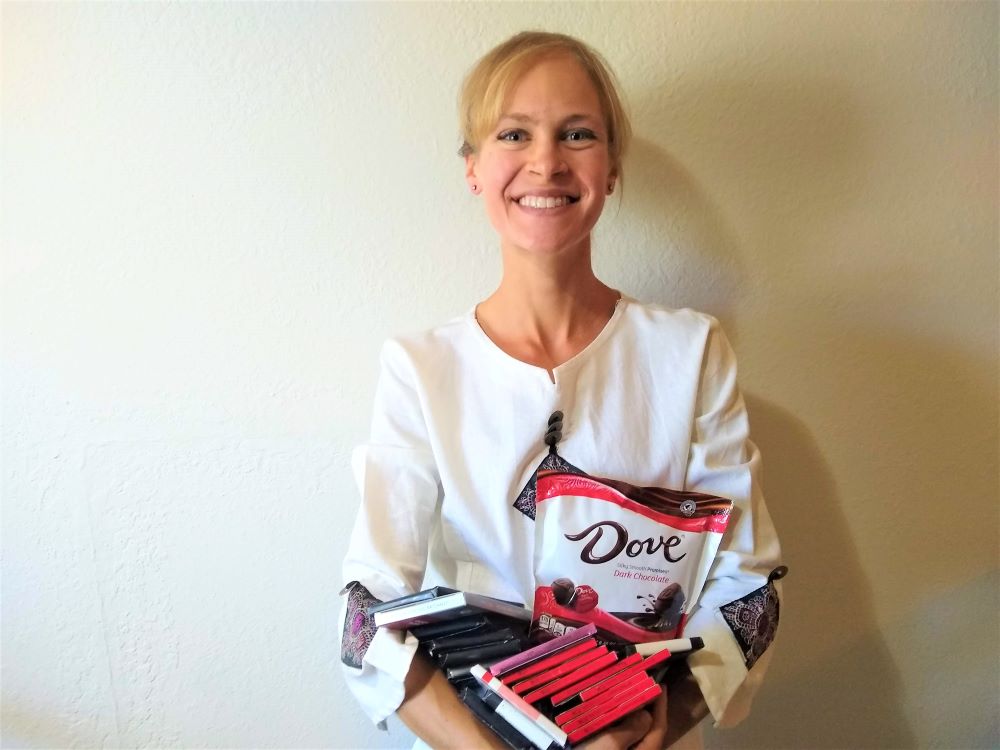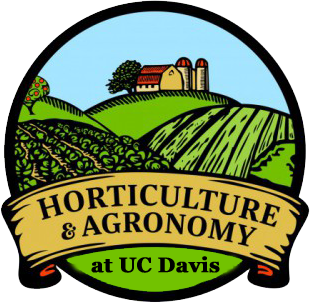
The Microscopic Marvels of the Root Rhizosphere
Dr. Jennifer Schmidt describes her research on the maize rhizosphere microbiome and how the UC Davis Horticulture and Agronomy PhD program paved the way to her current position as a postdoctoral researcher for Mars Wrigley.

E. coli, Salmonella, and death cap mushrooms–what do they have in common? These bacteria and fungi pose a potential threat whether we are running through a forest trail or shopping at our local grocery store. Though soil microbial communities may include these villains, plants are begging to remind us that not all possess such malicious intent. Dr. Jennifer Schmidt is here to defend them with her evidence of beneficial microbes rooted in the soil.
Schmidt, who completed her PhD this spring, studied the maize rhizosphere microbiome. With the help of her wonderful advisor, Dr. Amélie Gaudin, Schmidt investigated what years of domestication and directed selection had done to the buzzing metropolis of maize microbiota.
To Schmidt, “[u]nderstanding any unintended impacts of our collective transition to more intensively managed agricultural systems on rhizosphere interactions” is key to moving towards a more sustainable future benefiting off of interactions between plants and microbes.
Although Schmidt’s graduate degree seemed to be streamlined, her graduate school experience was anything but as she dabbled in myriad opportunities offered through UC Davis–workshops, seminars, and conferences formed the stepping stones that helped her to build connections, learn about what’s new in her field, and bounce ideas off of other scientists. One of her most memorable experiences was being interviewed and featured in Eos, the American Geophysical Union magazine, through a seemingly chance encounter with a professional science communicator. In turn, her excitement and enthusiasm for science communication was renewed as she continued her research on the maize rhizosphere microbiome.
But, to Schmidt, being a graduate student is not all about work and research. With the demanding need of independent thinking and troubleshooting, students may often feel lost and overwhelmed. To decompress, relax, and recuperate, Schmidt stresses the importance of connecting with one’s cohort and lab group, unplugging for the weekend, and maintaining one’s hobbies. As a marathon runner and rock climber, she has also discovered that learning how one works most efficiently, such as working in shorter timeblocks, can often increase optimal performance and endurance.
Currently, Schmidt brings her healthy, efficient work practices and curiosity of the microscopic to a more tropical plant–chocolate. Working as a postdoctoral researcher at Mars Wrigley, Schmidt uses the skills and tools from graduate school to research the Theobroma cacao rhizosphere microbiome. Schmidt’s work is interdisciplinary, incorporating plant and soil sciences, molecular biology, and agriculture into her research focused on unraveling the mysterious microbiome of the perennial plant. As a dedicated, diligent researcher, Schmidt is always up for the challenge.
For prospective students planning to apply, Schmidt advises that they reflect on the skills, connections, and opportunities that they hope to gain. She also stresses the importance of time management, self-care, and supportive social networks. Above all, Schmidt emphasizes to be especially kind to oneself on this difficult but rewarding race.
